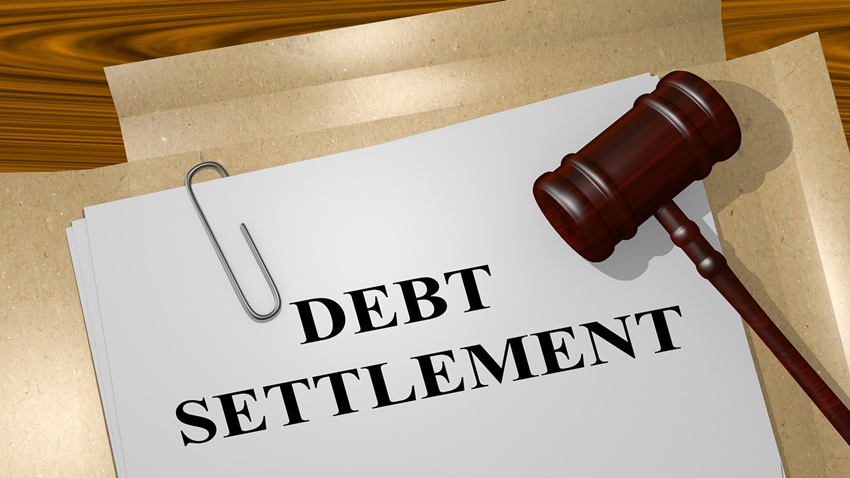Compliments of the New Year!
Looking back at 2018, undoubtedly the highlight for the firm was moving into our new offices in the Central Business District, after being in the Main Mall for over 30 years. While moving into new offices comes with its challenges, including dealing with snags associated with any newly constructed building, we have settled in well and are happy with our new location. Read more “A brief look at 2018”





